How Much Does A Backflow Preventer Cost?
The essential role of backflow preventers in maintaining water supply cleanliness and safety remains despite their unflashy nature in plumbing systems. Backflow preventers represent an essential plumbing component that business owners, homeowners, and commercial property managers need in their systems because the Australian authorities make these devices mandatory in certain cases.
We will explain all aspects of backflow preventer costs within the Australian context, including pricing of units and installation expenses, and expenses for maintenance, testing, and equipment replacement. Ultimately, you will understand all the needed costs for your project.
What Is a Backflow Preventer?
The plumbing system requires a mechanical backflow preventer device installed to stop contamination from flowing backward into drinking water supply lines. Backflow emerges because water pressure shifts abruptly during pipe bursts and fighting fires, and when pumps malfunction.
The drinking water quality deteriorates when you lack proper backflow prevention equipment because this absence allows dangerous substances, including pesticides and chemicals, along with waste, to enter the supply system, creating health risks.
- Common Types of Backflow Preventers
- Reduced Pressure Zone (RPZ) Valves
- Double Check Valves (DCVs)
- Pressure Vacuum Breakers (PVBs)
- Atmospheric Vacuum Breakers (AVBs)
Selection of the correct device depends on both your plumbing structure and the degree of potential contamination risks.
How Much Does a Backflow Preventer Cost in Australia?
The Australian water supply needs backflow preventers to ensure water safety because they stop contaminants from reaching drinking water systems. The expense of getting a backflow preventer installed, along with supply work influenced by gadget kind and installation difficulty, as well as equipment and operational intricacy. Current prices for backflow preventers fall between $400 and up to $1,500 or higher amounts.
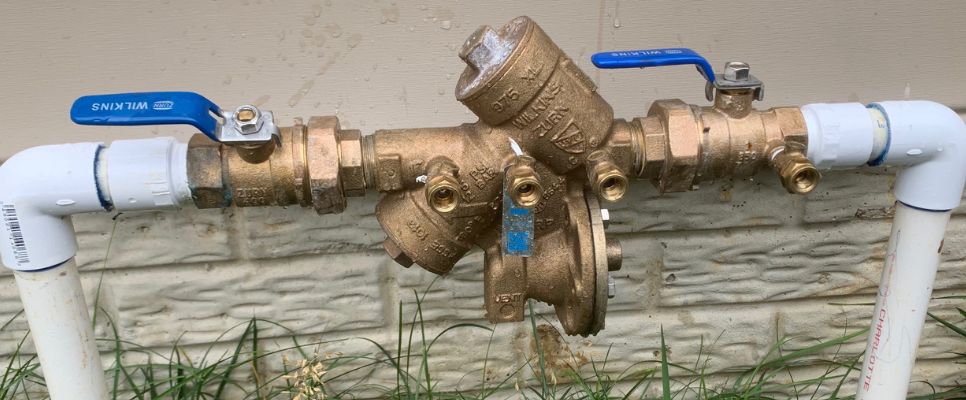
- Basic Models: Atmospheric Vacuum Breaker
Aerial Vacuum Breakers (AVB) serve as cost-effective choices among pressure vacuum and tank venting systems. The least expensive yet basic pumps exist in automotive vacuum breakers, which work in low-risk applications. Each Atmospheric Vacuum Breaker costs between $50 and $150, while its installation service ranges from $150 to $300. You should budget $200 to $450 for a total expense when obtaining a fully installed AVB system.
- Mid-Range Models: Pressure Vacuum Breaker
The Pressure Vacuum Breaker (PVB) serves as a slightly advanced device with residential and light commercial applications. The PVB market falls between $150 to $400 for the device itself, and the installation service costs between $250 to $450. An installed PVB system will require a total cost between $400 and $850.
- Higher-End Models: Double Check Valve Assembly
Double Check Valve Assemblies (DCVA) serve as required equipment to monitor systems with greater complexity. Irrigation systems and fire protection systems mostly rely on this device to maintain medium-risk operations. The price of the unit ranges from $250 to $600, but additional installation expenses amount to between $300 to $500. The expense of installing a DCVA system amounts to $550-$1,100, which integrates supply and installation costs.
- Premium Models: Reduced Pressure Zone Device
An RPZ device stands as the highest-priced option because it is the essential tool for hazard situations at maximum risk. The necessity of these devices exists where industrial or commercial entities handle contamination risks heavily. RPZ units carry a price range from $400-$900, and installation expenses amount from $500-$800. The price of a complete lowered-pressure area device installation for backflow prevention generally costs between $900 to $1,700.
Factors That Influence the Cost of a Backflow Preventer
Several elements influence the total expenses for a backflow preventer when purchased in Australia.
- Type of Device
Properties with elevated risk, such as chemical plants and medical facilities, and large irrigation systems usually need RPZ valves that exceed the price of ordinary AVBs.
- Size of Your Plumbing System
The installation of big and durable backflow preventers in complex commercial or industrial facilities leads to increased expenses.
- Labour and Installation Complexity
Basic homes utilizing backflow prevention systems typically experience quick construction costs at reasonable prices. The costs of labour increase in commercial situations where modification of pipes becomes necessary or when trenching or additional fittings need installation.
- Local Council Requirements
Local councils implement rigorous regulations related to backflow devices and testing needs that affect both installation complexity and costs.
- Accessibility
You will need to pay additional costs if your plumber requires extensive digging or needs to construct specific housings or gain access to complicated areas.
Backflow Preventer Installation Costs Explained
- Plumbers Hourly Rate
Licensed plumbers operating in Australia normally bill their services at rates ranging from $90 to $140 each hour. Installing simple residential backflow preventers requires 2–4 hours of work, but professional commercial systems need extended installation time.
- Other Costs to Consider
Backflow device installation permits associated with specific councils demand an extra fee. The actual costs for installation will depend strongly on your geographic location and range between $50 and $300. The total price jumps to $100–$300 for pipes, together with valves and fittings.
Constructing new foundations from excavation or paving costs between $500 as a base minimum up to $2,000 for advanced projects.
Backflow Testing and Certification Costs
The testing of backflow preventers is mandatory once a year through qualified plumbing professionals in the majority of Australian states. Failing to regularly maintain your device, along with not testing it, will lead to penalties and create risks to your water supply safety.
Here’s what to expect:
- Testing Fee: $100–$250 per device
- In most testing fees, you will find a Certification Report as an included element.
- Minor Repairs (if needed): An additional $50–$200
- Many plumbers give price reductions when clients need testing for more than one device.
How Much Does Backflow Preventer Maintenance and Repair Cost?
Time-related maintenance of backflow preventers is necessary for their durability. Maintenance checks guarantee your safety through proper device operation as well as protection of the water supply. Repair costs will vary based on the type of services that need attention.
- Minor Valve Repairs
Any problems with valves that result in sticking or leakage might require simple maintenance solutions. The repair costs range from $100 to $300.
- Replacement of Seals, Springs, or Caps
Seals and springs, along with caps, require replacement when they deteriorate. This service costs between $150 and $350.
- Full Rebuild (Larger Commercial Devices)
Systematic rebuilding of commercial devices represents the necessary procedure for larger equipment. This can cost between $500 and $1,000. The service requires changing multiple system components until the final assembly.
- Replacement of the Entire Device
Too much damage to the backflow preventer will result in replacing the entire device. A new installation typically costs between $400 to $1,700, and this amount will constitute the replacement price as well.
A backflow preventer needs servicing when you detect these conditions:
- Leaks or dripping water
- Pressure fluctuations
- Noisy valves
- Failed annual test
Both the lifespan extension and cost reduction of your device depend on immediate repairs, which prevent the need for costly replacements.
Choosing the Right Plumber for Backflow Installation
Getting backflow prevention work done requires a licensed plumber qualified in backflow prevention standards because regulations apply to this type of installation.
Here are a few tips:
- The professional must hold at least one backflow prevention endorsement certification.
- Your search should result in three complete cost estimates, which can aid your selection process.
- Review websites to locate licensed plumbers who possess positive reviews more especially if they focus on commercial projects.
- The plumbers who perform combined installation and initial testing services advise their clients about testing activities.
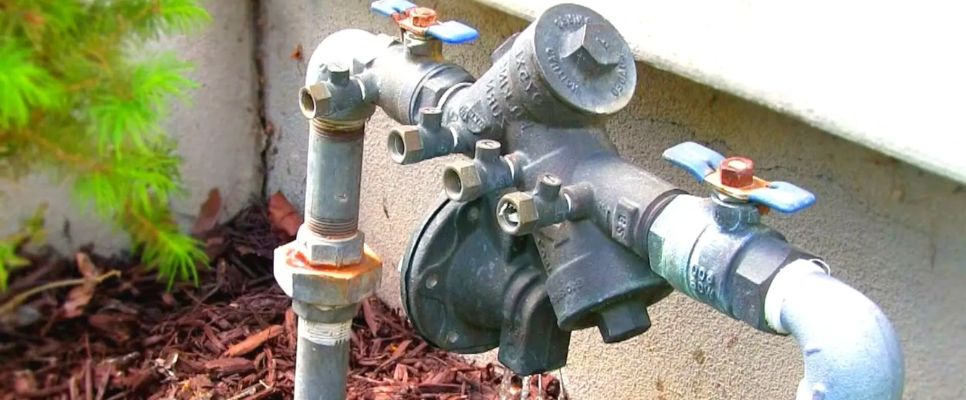
What Is The Necessity For Installing A Backflow Preventer?
The Australian authorities order the installation of backflow prevention devices in specific circumstances, including events that could contaminate public water supply systems.
You will likely need one if:
- An irrigation system that draws water from the main water network exists on your property.
- The commercial property you operate runs industrial processes at its location.
- The presence of fire hose reels or fire sprinkler systems at your property requires a Backflow Preventer installation.
- Your property includes backups of water sources through rainwater tanks, which are positioned to connect to existing mains water.
- You conduct operations in the food sector as well as the health and chemical industries
- Contact your local water authority, combined with your council, for confirmation about your mandatory backflow preventer requirements.
Cost-Saving Tips for Installing a Backflow Preventer
- Customers can save labor expenses by having their plumbing upgraded, combined with backflow preventer installation.
- You should maintain your system properly since regular upkeep avoids spending additional money on emergency repairs.
When you operate within a corporate or commercial property group, you should plan group testing to gain better rate discounts.
Final Thoughts: Budgeting for Backflow Prevention
Installing a backflow preventer along with its proper maintenance protects more than just your inspection scores because it protects your family members, community members, and enterprise from severe health dangers.
The actual costs to install a backflow preventer range between $400 and $1,700 based on system complexity, but these expenses remain lower than the risks and associated penalties for non-protection.

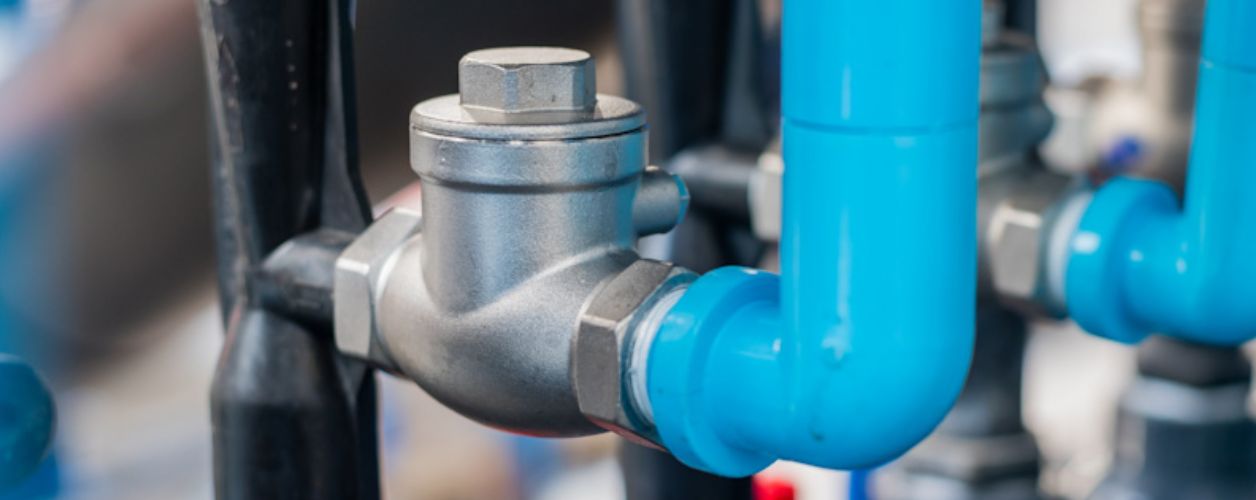


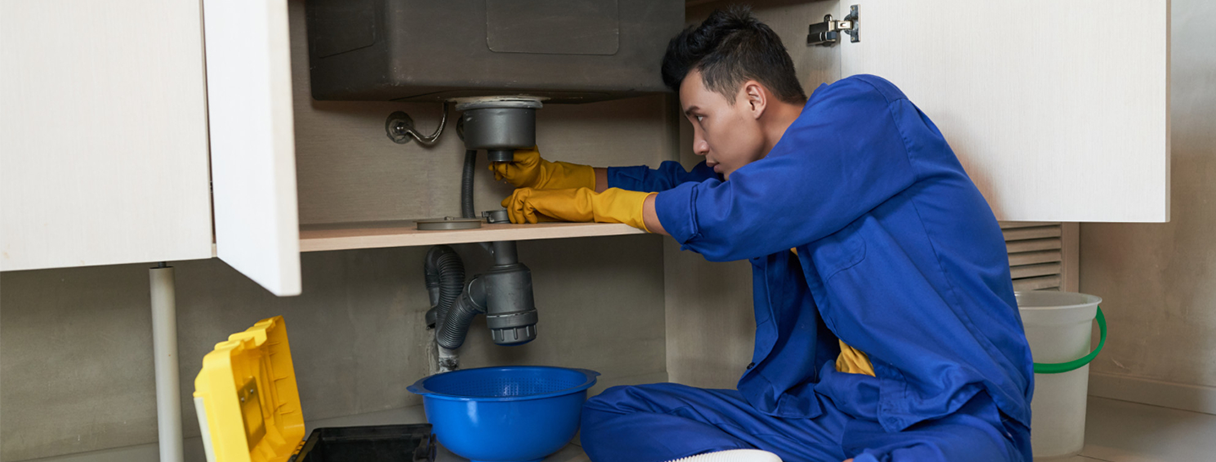
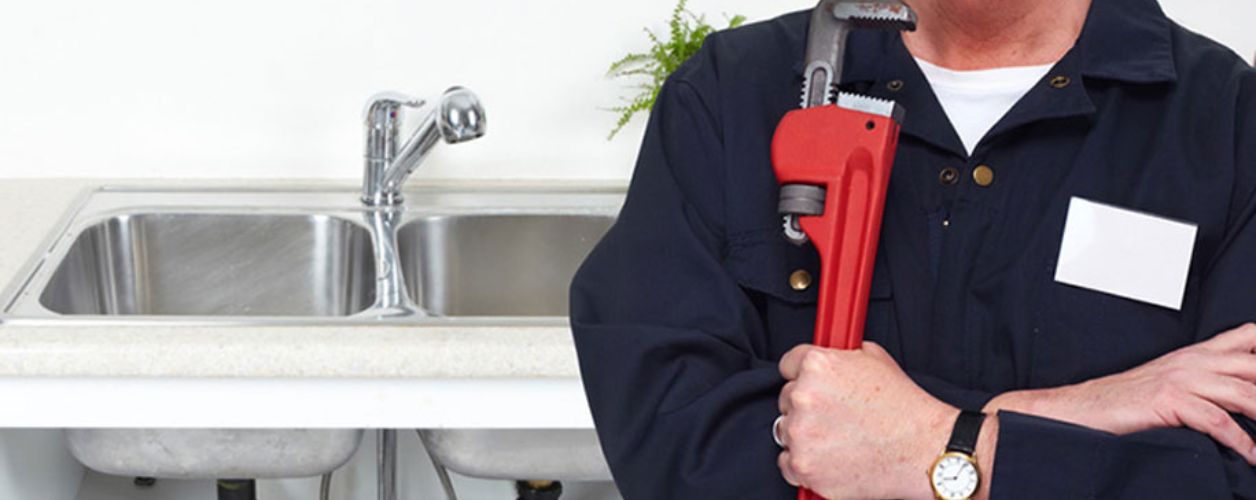
![How Much Does It Cost To Replace A Toilet? [2025]](https://servicetasker.com.au/storage/2024/02/1708575700.jpg)



